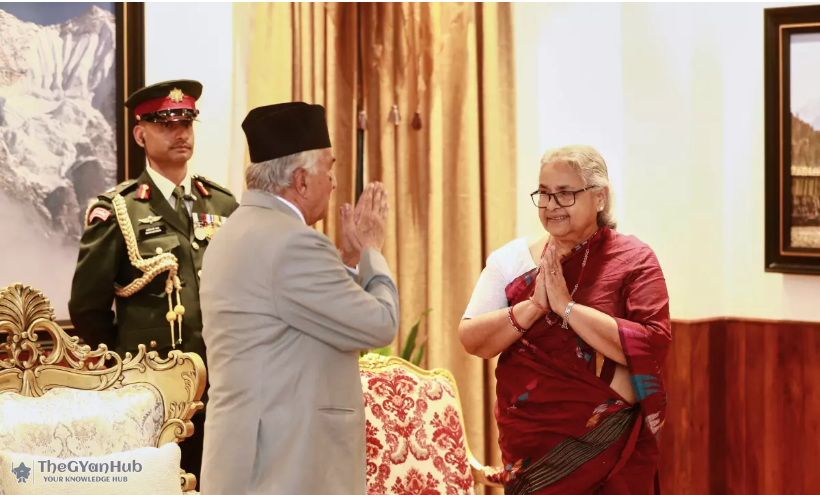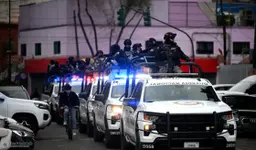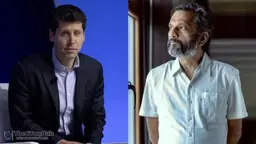I’m a passionate writer who loves exploring ideas, sharing stories, and connecting with readers through meaningful content.I’m dedicated to sharing insights and stories that make readers think, feel, and discover something new.
The Political Turmoil of 2017
In the politically charged atmosphere of 2017, Nepal witnessed a dramatic episode involving its judiciary and executive branches. Sushila Karki, the first female Chief Justice of Nepal, found herself at the center of a political storm. The controversy erupted when she overruled a government decision regarding a police appointment, a move that did not sit well with the then Prime Minister Pushpa Kamal Dahal, commonly known as Prachanda, and his political allies.
The Controversial Decision
Chief Justice Karki's decision to overturn the government's appointment of a new police chief was seen as a bold assertion of judicial independence. The government had appointed Jaya Bahadur Chand as the Inspector General of Police, a decision that was contested in court. Karki's ruling favored the petitioner, Navaraj Silwal, who was next in line based on seniority and merit. This decision was perceived as a challenge to the executive's authority, leading to a political backlash.
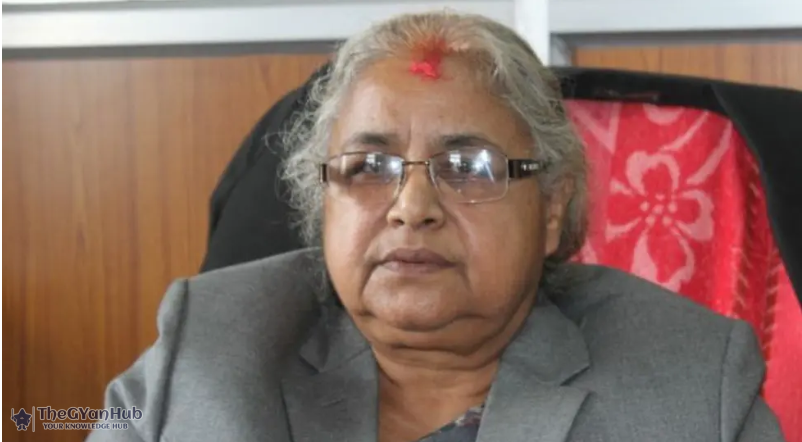
Impeachment Motion
The response from the ruling coalition was swift and severe. A motion to impeach Chief Justice Karki was filed by lawmakers from the Nepali Congress and the Communist Party of Nepal (Maoist Centre), led by Prachanda. The motion accused her of interfering with the executive's decisions and exhibiting bias. This unprecedented move was met with widespread criticism from legal experts, civil society, and the international community, who viewed it as an attack on judicial independence.
Public and International Reaction
The impeachment attempt sparked protests across the country. Legal professionals, human rights activists, and ordinary citizens took to the streets to express their support for Karki and demand the withdrawal of the motion. International organizations, including the United Nations, expressed concern over the implications of such political interference in the judiciary. The pressure from both domestic and international fronts eventually led to the withdrawal of the impeachment motion, allowing Karki to resume her duties.
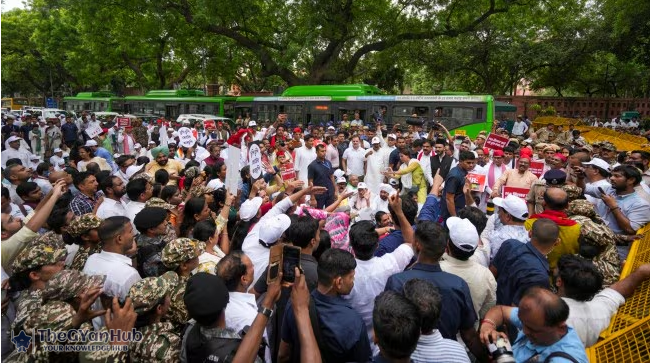
Legacy and Impact
Sushila Karki's ordeal highlighted the fragile balance between Nepal's judiciary and its political institutions. Her resilience in the face of political pressure set a precedent for judicial independence in the country. The incident also underscored the need for clear demarcations between the powers of different branches of government to prevent similar conflicts in the future.
Today, Karki is remembered not only as a trailblazer for women in Nepal's judiciary but also as a symbol of courage and integrity. Her story serves as a reminder of the importance of upholding the rule of law and the independence of the judiciary in a democratic society.
Further Reading
Related articles in this category
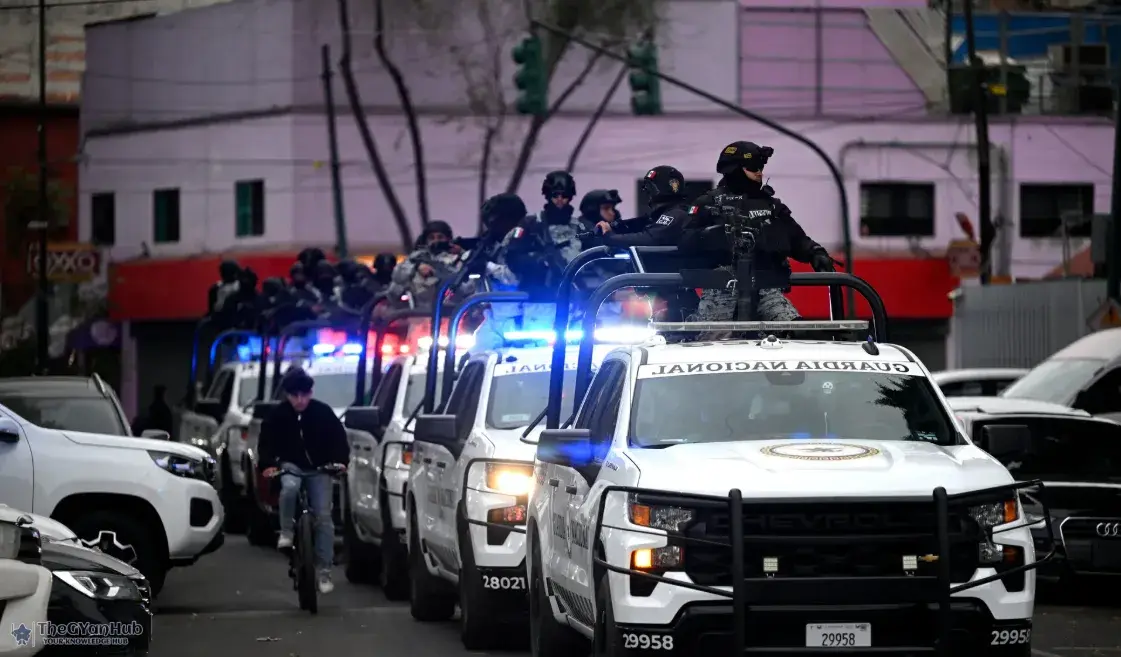
El Mencho Killed: The Fall of Mexico's Most Powerful Drug Cartel
February 23, 2026
The recent killing of Nemesio Rubén Oseguera Cervantes, known as 'El Mencho', has led to significant upheaval in Mexico as the Jalisco New Generation Cartel faces a power vacuum. This article explores the implications of his death on the drug trade and national security.
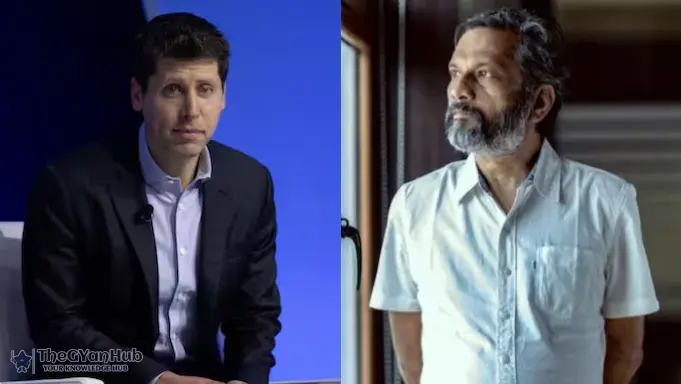
Sam Altman vs. Sridhar Vembu: A Clash on AI and Human Energy Consumption
February 22, 2026
In a recent discussion, Sam Altman compared the energy consumption of AI systems to that of humans, prompting a strong rebuttal from Sridhar Vembu. This article explores their contrasting views on energy efficiency and sustainability.
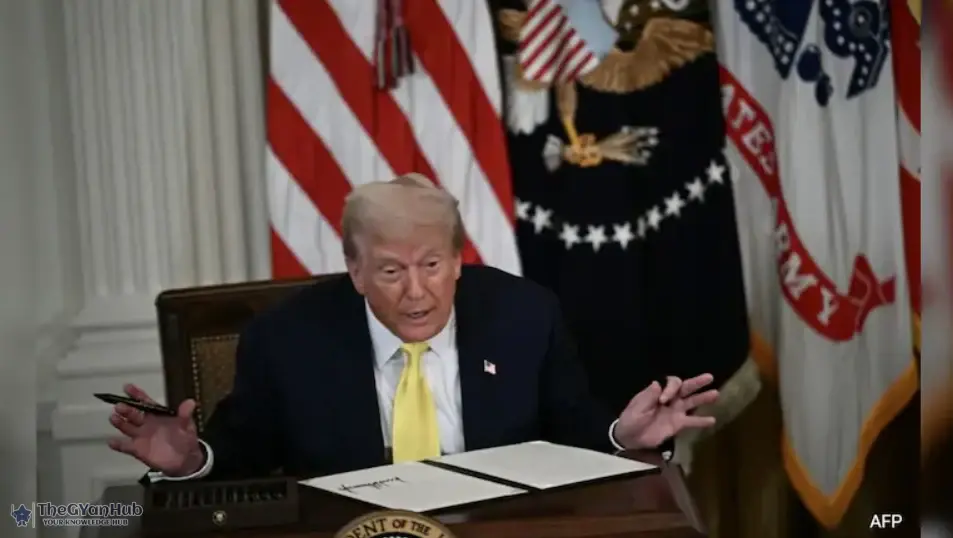
Trump's Loss, India's Gain? How Tariff Order Could Affect Trade Talks
February 20, 2026
The US Supreme Court's decision to strike down Trump's Global Tariffs Policy may have significant implications for India, potentially reshaping trade dynamics. As New Delhi navigates this change, the global trade landscape could see a shift in power.
